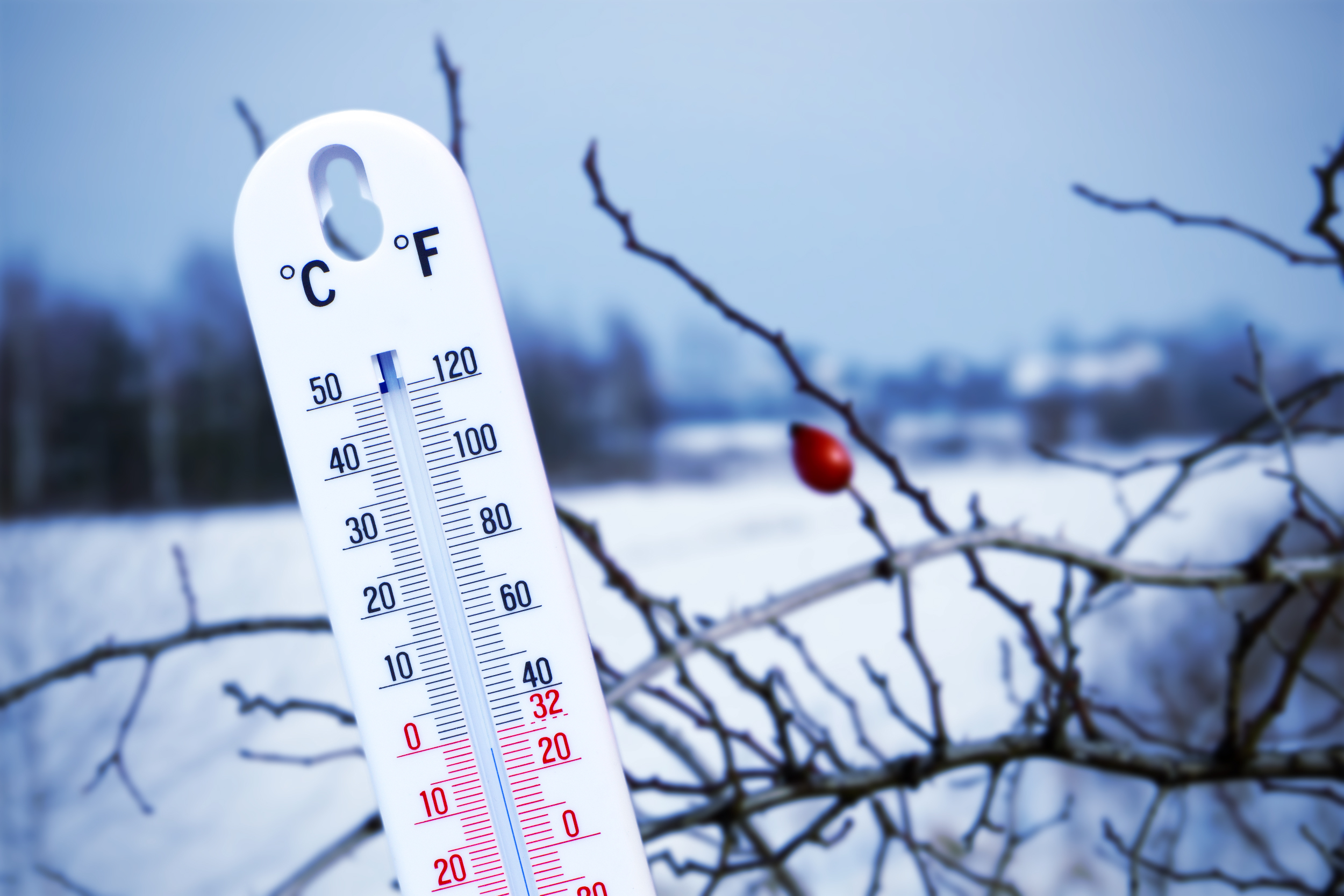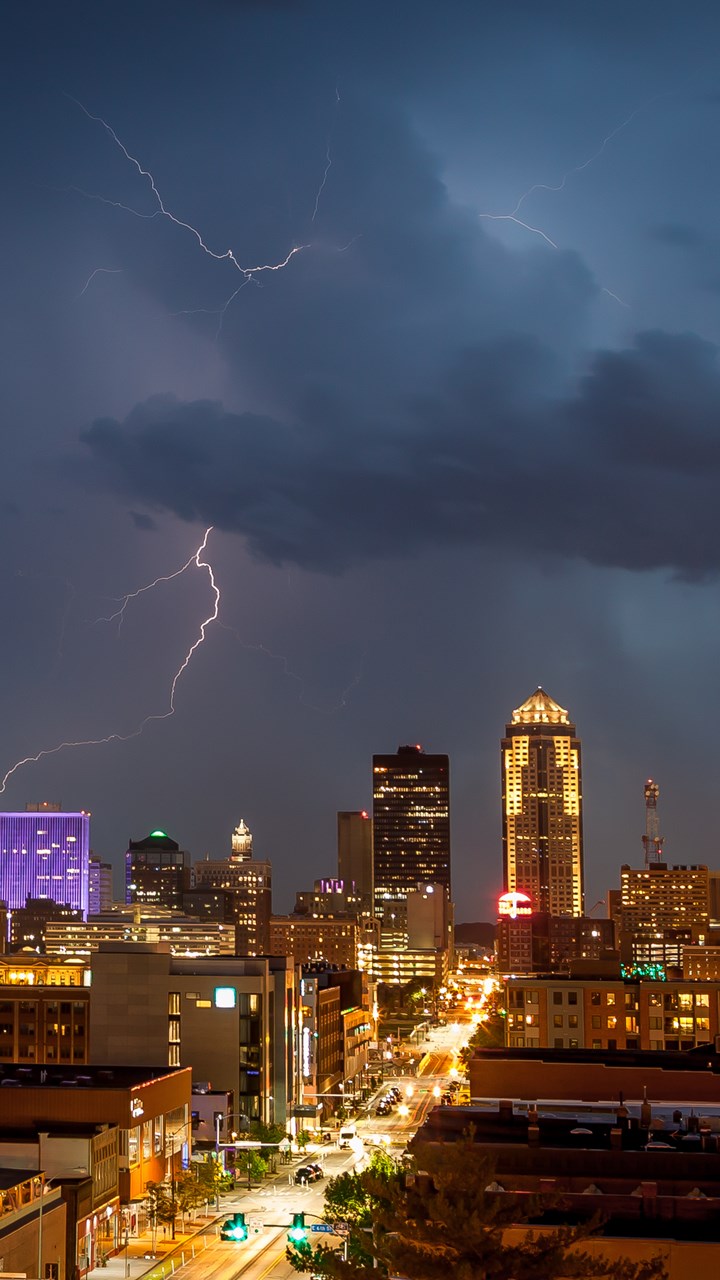- Be Informed
- 911
- Agriculture and Farm Operations
- Air Travelers
- Biological Threats
- Blizzards
- Bomb Threats
- Bus Travelers
- Business Community
- Carbon Monoxide
- Chemical Threats
- Clean Air
- Coping with Emergencies
- Cyber Attacks
- Donations
- Evacuation
- Extreme Cold
- Extreme Heat
- Financial Institutions
- Fires
- Flood Insurance Program
- Flooding
- Flooding - Living Behind a Levee
- Forms of Communication
- General Aviation
- Hail
- High-Rise Buildings
- Hobby Shops
- Home Safety
- Hotels and Motels
- Household Chemicals
- In a Moving Car
- Influenza Pandemics
- Multi-Family Dwellings
- Nuclear Threats
- Power Outages
- Radiation Threats
- Retail Stores
- Shelter In Place
- Storage and Warehouse Facilities
- Suspicious Packages
- Terrorism
- Thunderstorms
- Tornados
- Utilities
- Warning Sirens
- Winter Driving
- Winter Weather
- Be Informed
- 911
- Agriculture and Farm Operations
- Air Travelers
- Biological Threats
- Blizzards
- Bomb Threats
- Bus Travelers
- Business Community
- Carbon Monoxide
- Chemical Threats
- Clean Air
- Coping with Emergencies
- Cyber Attacks
- Donations
- Evacuation
- Extreme Cold
- Extreme Heat
- Financial Institutions
- Fires
- Flood Insurance Program
- Flooding
- Flooding - Living Behind a Levee
- Forms of Communication
- General Aviation
- Hail
- High-Rise Buildings
- Hobby Shops
- Home Safety
- Hotels and Motels
- Household Chemicals
- In a Moving Car
- Influenza Pandemics
- Multi-Family Dwellings
- Nuclear Threats
- Power Outages
- Radiation Threats
- Retail Stores
- Shelter In Place
- Storage and Warehouse Facilities
- Suspicious Packages
- Terrorism
- Thunderstorms
- Tornados
- Utilities
- Warning Sirens
- Winter Driving
- Winter Weather
Extreme Cold
Wind causes already cold weather to feel even colder. Wind-chill factors can drive temperatures well below zero, causing possible frostbite or hypothermia.
In Extreme Cold
- Wear several layers of loose fitting, lightweight, warm clothing rather than one layer of heavy clothing
- Wear mittens instead of gloves
- Wear water-repellant clothing
- Cover your mouth with a scarf to protect your lungs
- Wear a hat
- Make sure small children, infants and the elderly stay warm. They are much more vulnerable to the cold weather.
- Take advantage of heated stores and malls.
- Avoid drinking alcoholic beverages
- Where possible, try and keep one room in your home heated to 70 degrees.
- Eat high energy foods and drink warm beverages.
- Beware of over-exertion; shoveling snow or pushing disabled cars can be very demanding, and should only be done by individuals in good health.

Safe Heating Tips
- If your heat does not work or you have no heat, contact your building owner.
- Electric heaters can be hazardous and should be used with extreme caution to prevent shock, fire and burns. Follow the usage instructions carefully and keep clothing and blankets clear of any heating elements.
- Be very careful in using fireplaces, making sure flues are clear. Proper ventilation is essential and charcoal should not be used.
- Gas ovens and burners should never be used to heat your home.
Safe Use of the Car in Cold Weather
- Make sure your car is in good operating condition before using it in extreme cold.
- Keep water out of your gas tank by keeping the tank as full as possible.
- Maintain a storm kit in your car with such items as blankets; extra clothing; jumper cables; a flashlight; high-calorie, non-perishable food; and matchers or a lighter.
- Drive with care and plan your trip. If cold, snowy or icy conditions exceed your ability or your car’s ability, don’t travel.
